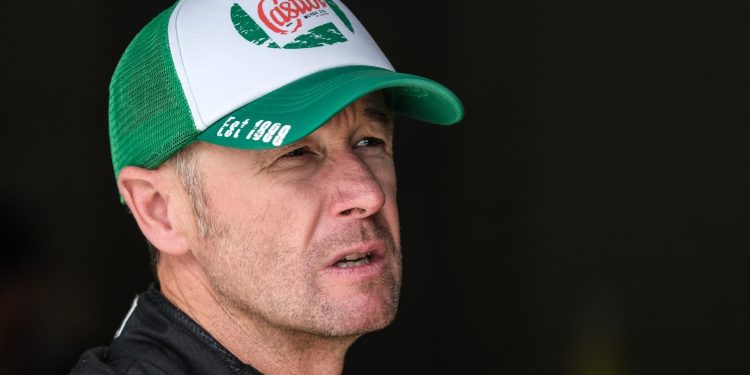Greg Murphy says Road to Zero won’t succeed, wants to see refresher driving courses introduced
Words: Zane Shackleton
Greg Murphy believes the government’s Road to Zero campaign, which targets having zero road deaths by 2050, won’t succeed in achieving its goals.
Instead, the four-time Bathurst 1000 winner says a change in a driver’s mindset and a review of the licensing system will go further to reduce the number of crashes and deaths.
“No,” was Murphy’s firm answer when asked on NewsTalk ZB if Road to Zero will work.
Road to Zero was actually first launched in 2019. However, it was only Thursday when the public awareness campaign went live.
Murphy says in the years since Road to Zero was launched, nothing has happened, and the system has failed.
“[The New Zealand Transport Agency] has not delivered on what they were supposed to do,” he said.
“No one knew what Road to Zero was when it launched. No one noticed, and we all just went about our business.
“We need to start selling what the actual road safety programme is and what it is all about, and that is what they are doing now.
“They are making all this noise about it because in the first couple of years when they were supposed to be rolling out Road to Zero, no one knew what they were talking about.
“They underdelivered on what was supposed to be done.”
Road to Zero homes in on certain risk factors that make driving in New Zealand dangerous.
Significant road work projects are slated to begin this year, speed limits around the country are being reviewed, and there will be a stronger police presence.
It’s part of the government’s $2.9 billion investment in their pledge to have zero road deaths by 2050.
Transport Minister Michael Wood believes the campaign can save “thousands of lives” if done successfully.
“By having zero as the goal and working towards it with a clear plan and a hard target for 2030, we can save thousands of lives, which is well worth fighting for,” he said.
But Murphy wants to see the campaign target Kiwi motorists. He says speed limits are not the problem.
Instead, he wants to see an overhaul of the driver licensing system, which includes mandatory refresher programmes.
“This is what NZTA are selling: at a lower speed, when people make mistakes, there is a better chance of them surviving. You can’t cater for that in every conceivable situation.
“There is no guarantee on this stuff, and that’s why people need to do a better job driving a motor vehicle, understanding it, being more aware and taking fewer risks.
“Most risks being taken are because people don’t know what they are doing.
“We need to have refreshers. It doesn’t necessarily have to be a test as such.
“When you’re driving, you get your full license when you are 17, 18 years old. What’s the next requirement? There isn’t one.
“When you have got to renew your license, all you do is give them some money and they send you a new one.
“It’s so basic that it is actually negligent.”





